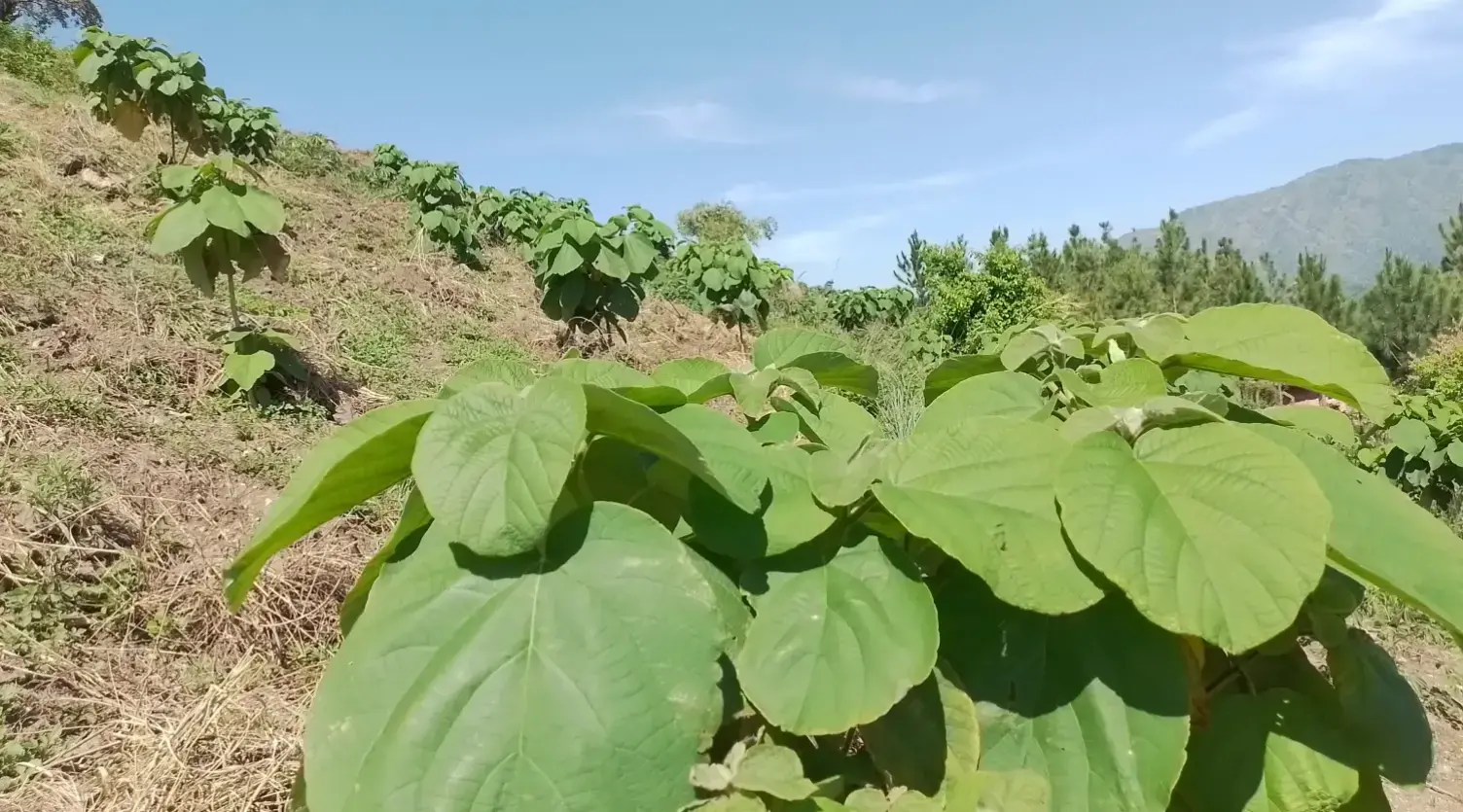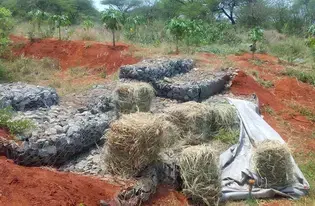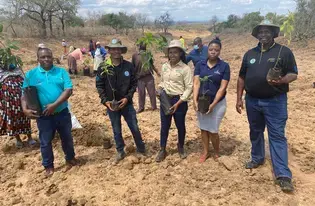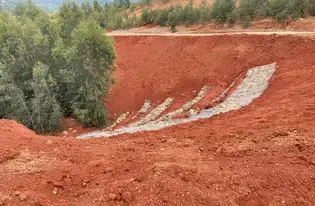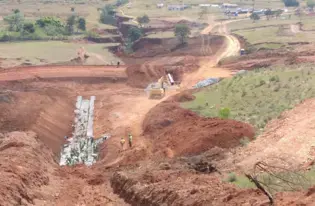Uganda's forests are disappearing at an alarming rate. One local organization is working to reverse the trend by planting seeds for a greener and brighter future.
Uganda has lost 250,000 hectares of its forest between 2010 and 2015, according to the Uganda National Forest Authority. The leading causes of deforestation include demand for building materials, timber and charcoal production. This has resulted in land degradation and erosion and increased climate-related property losses -- and even loss of life.
To address these issues, People and Nature Rwenzori (PANR), a local non-governmental organization, is growing trees in agroforestry systems. The organization provides households with seedlings to be planted on farms and along riparian area.
Founded in 2016, PANR promotes community well-being through environmental conservation, with a focus on sustainable agriculture and natural resource management. The organization promotes formal education and skills development to ensure that the restore land remains healthy for generations to come. The organization has empowered young women in Ndandu village, students at Kilhambayiro and Kabingo primary schools, as well as surrounding communities to make environmentally friendly, reusable menstrual pads. The initiative aims to reduce the harm caused by non-recyclable products and promote healthy ecosystems and sustainable livelihoods.
Through a grant from TerraFund for AFR100, an initiative of World Resources Institute, One Tree Planted, and Realize Impact that finances Africa's top restoration enterprises and projects, PANR is supporting hard-to-reach communities, particularly those in degraded Mount Rwenzori Landscape Hills area. Founder Mumbere Jackson says the project is benefitting these communities beyond growing trees. “Through our engagement with communities, we boost climate resilience by promoting tree planting and environmental conservation. Our beneficiaries are aware of the importance of these practices. We also support their families by providing essential food items to improve their livelihoods,” says Jackson.
The organization recently partnered with Give & Got Institution, a local church, and the National Environment Management Authority (NEMA) to implement the project in three locations covering 19,000 hectares. As a result, 45% of the land has been restored, and the communities have been provided with water and physical locations for the project, including a tree nursery site. PANR plans to empower more communities and promote social and economic prosperity by planting the remaining 55% of trees and expanding its reach to other districts in Uganda.
The success of this local organization in its quest to restore degraded lands serves as a model for sustainable development in Uganda and beyond. As the world faces a growing climate crisis, PANR's initiatives highlight the urgent need for collaborative action to address deforestation and promote healthy ecosystems.
